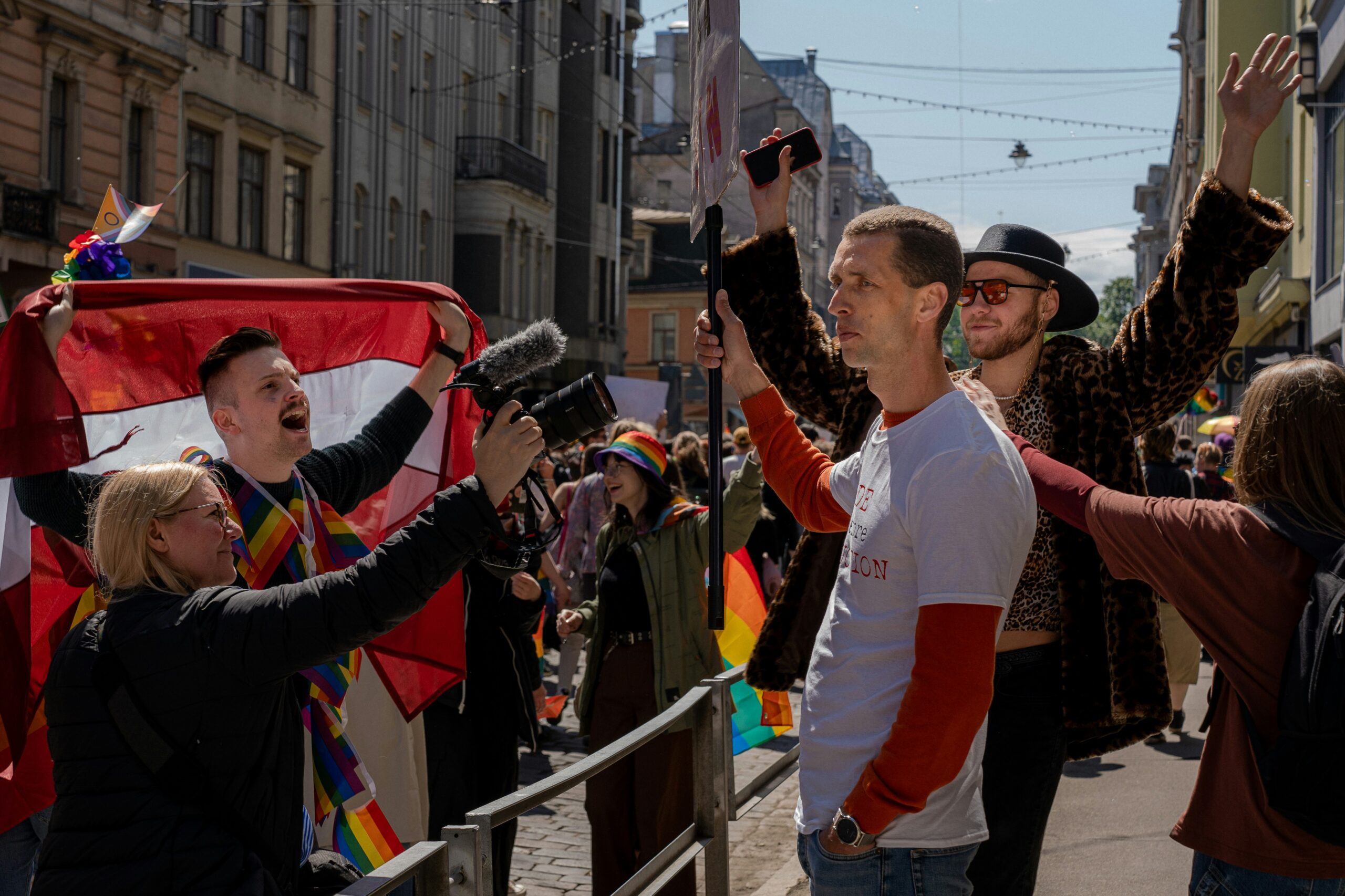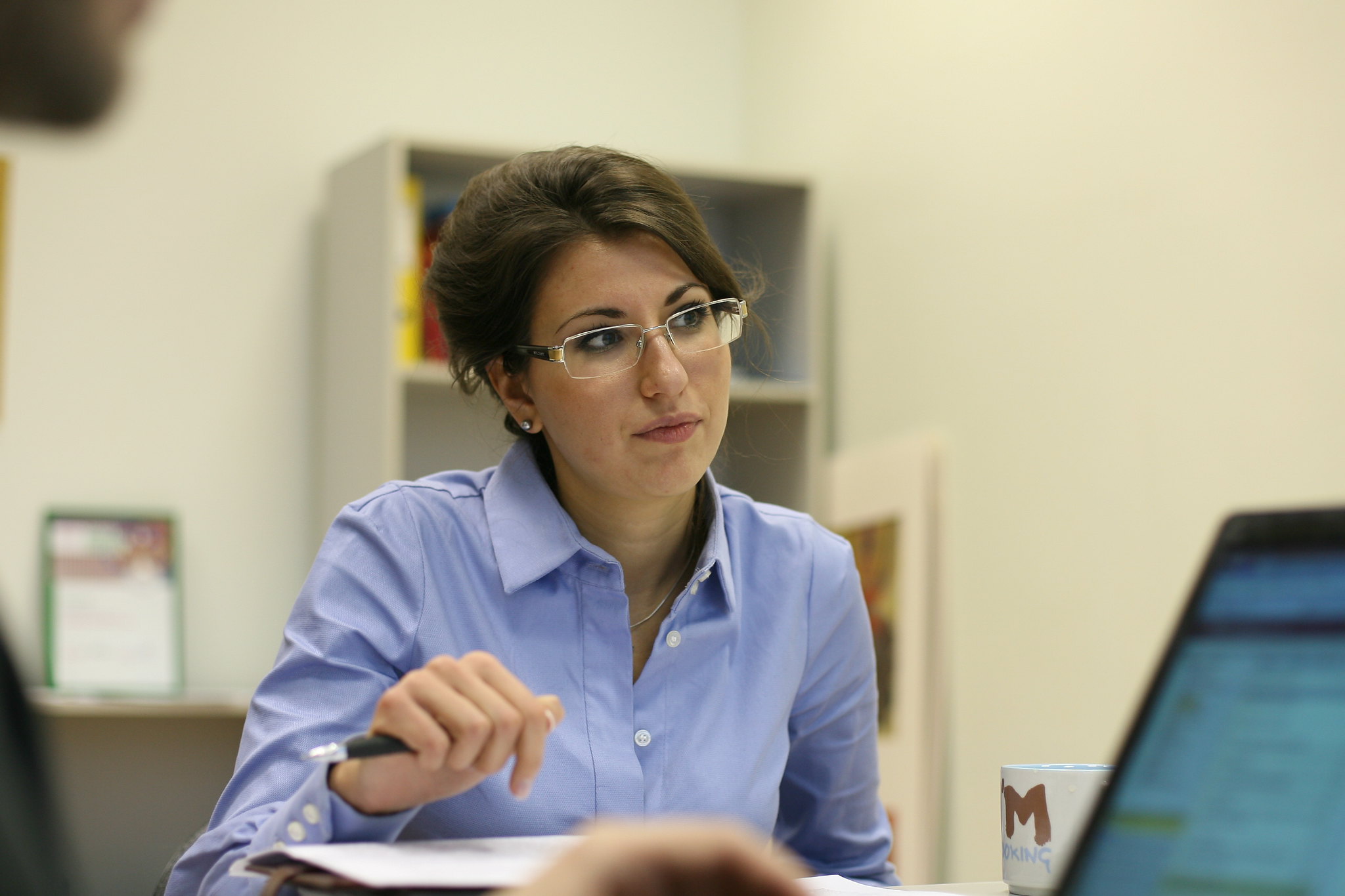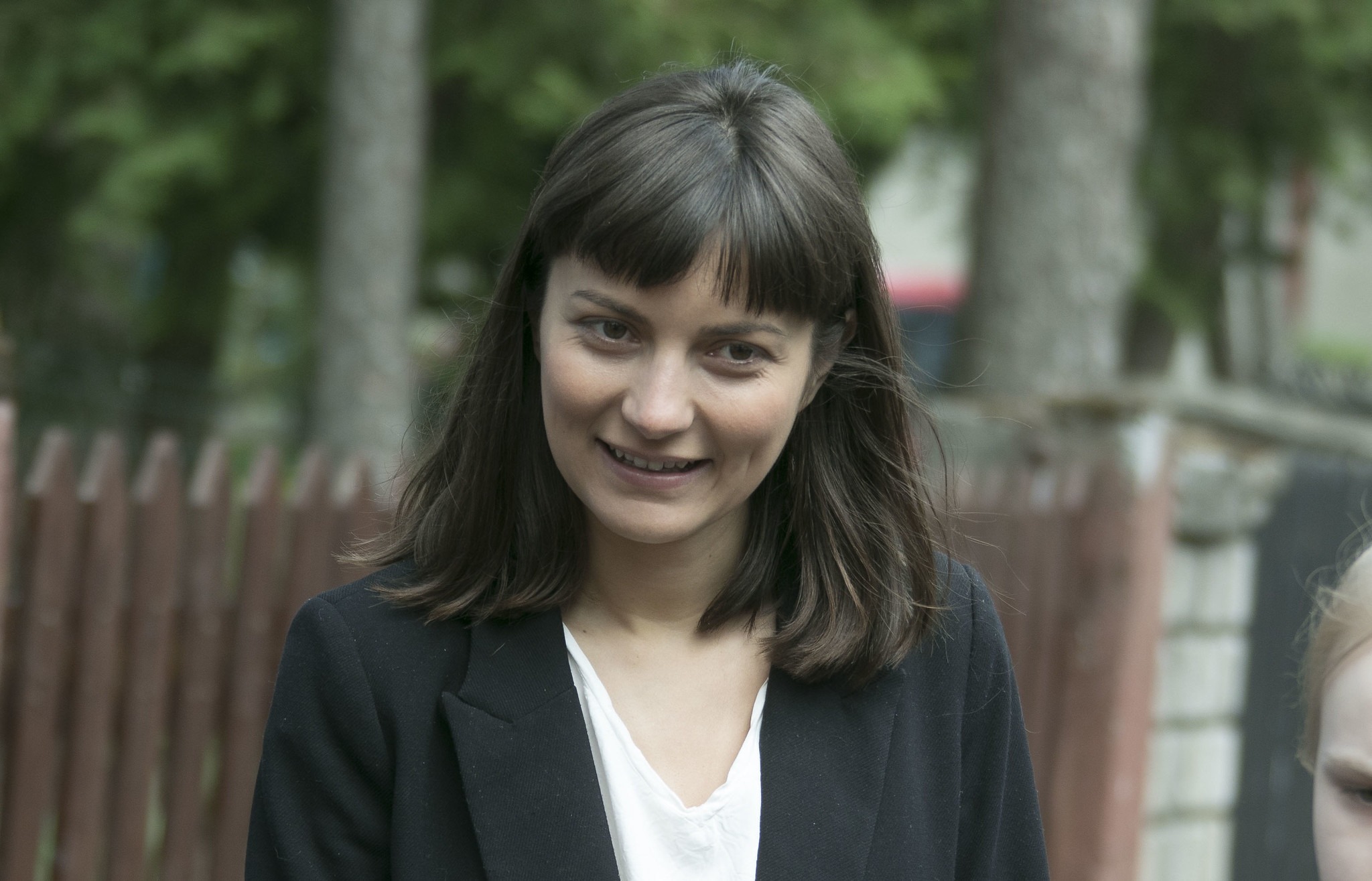
Key Insights:
During the reporting month, the content primarily examined topics such as the:
- Russian speaking population in Latvia are disadvantaged, Latvians should be more tolerant towards the group
- Completely abolishing all economic activities between Russia, Belarus and Latvia will be negative for Latvias economy as rest of the European Union member states are continuing such activities
- The coalition parties are corrupt making the government ineffective and hurting the worse financially situated part of the country
Overview of findings:
- In the reporting month, TikTok, Telegram, Facebook, and X platforms were monitored. Content in video format achieves the most engagement, making TikTok and Facebook the primary channels for disseminating disinformation. A total of 230 posts were examined.
- Similarly to prior examined months, the majority of content is related to domestic issues. Within the last three of the examined weeks the content has been exclusively focused on domestic issues.
- Similarly, as last month, an element common among the majority of the disinformation actors examined is a highly critical view of the European Union. The European Union is portrayed as a negative entity that is hurting the economy and independence and has an agenda to weaken its member states. Within the examined month the content primarily related to remaining economic ties with Russia between other EU members, that were further used as a reasoning to legitimize economic cooperation on limited matters with Russia and Belarus.
- In contrast to prior months, topics relating to Istanbul Convention, lgbtq and school reforms have not been discussed by the examined actors
Story of the month: Hate speech should not be accepted
“Naida runa nav pieļaujama ne pret vienu” / Hate speech should not be accepted against anyone
(Facebook, https://www.facebook.com/reel/2330630263799225, 204 likes, 18 comments, 67 shares)
The leader of the opposition party “Latvija Pirmaja Vieta”/Latvia in First Place addressed the parliament stating that the Russian speaking population is not being treated humane. More precisely, he is alleging that Latvians are contributing to hate speech and this must be regulated as the 300 000 of Latvian citizens are born into Russian speaking families and should not be discriminated against based on their native language. Moreover, he raises an issue with the fact that Russian language in the Latvian speaking space online is often referred to as the language of occupiers- these negative connotations are only contributing to the discrimination of the Russian speaking population by Latvians. Moreover, he names as the reason for why Latvians should be more tolerable the potential economic loss Latvia were to experience if the Russian speaking population after the war were to leave due to the inhuamane treatment.
The video published on Facebook received comparatively high engagement in comparison to other content published on the same platform. The audience reached was almost exclusively Latvian speaking and the video received mixed comments ranging from supporting the idea of there being less division between the two groups and criticizing the idea of Russian speakers being oppressed and innocent as such. Some of the comments posted by Latvian speakers include statements common to Russian disinformation narratives employed in Ukraine, namely, that there are many Nazis in Latvia therefore there is opression of the Russian speaking population.
Although the video is not directly express support to Russia, it tries to portray Latvian speaking population and the importance of the Latvian language as being too nationalistic and even oppressive hate speach therefore conforming with the Russian disinformation narratives employed in Ukraine in regard to the mistreatment of the Russian population.









